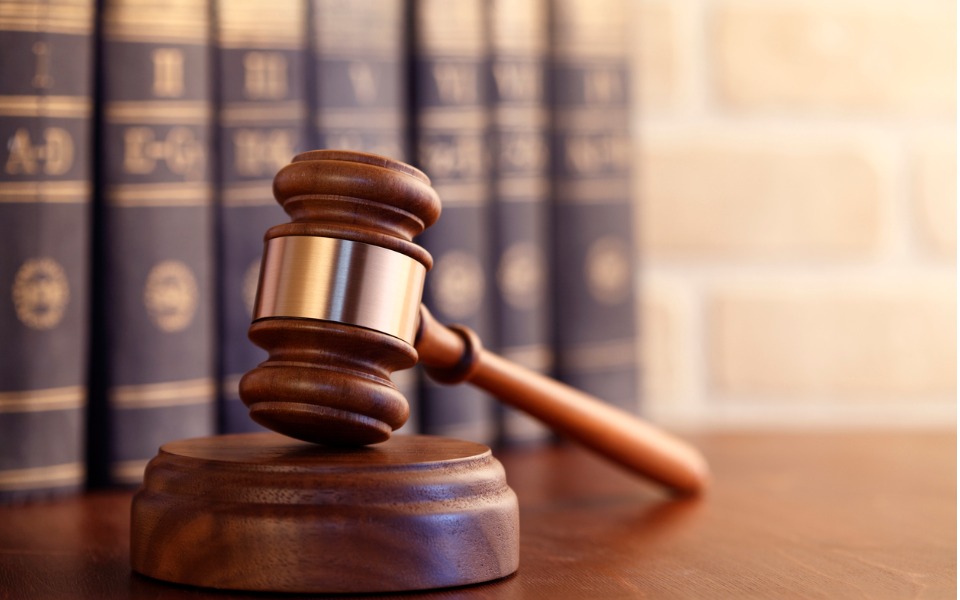
Giving a privilege unconnected to functioning of parliament or legislature will lead to a class that enjoys unchecked exemptions from the law, said the seven-judge SC bench overruling its earlier judgement
SC overrules 1998 Narsimha Rao order, legislators no longer immune from bribery charges
The SC overruled its 1998 Narsimha Rao judgement giving MPs and MLAs immunity from bribery charges in connection with voting in legislatures, saying “bribery erodes probity in public life”

The Supreme Court on Monday overruled its 1998 Narsimha Rao judgement giving MPs and MLAs immunity from bribery charges in connection with voting in legislatures, saying “bribery erodes probity in public life”.
The 1998 ruling was given when PV Narasimha Rao was the prime minister heading a Congress government, and there were charges that some MPs who voted for him in a no-trust vote had taken bribes.
Meanwhile, Prime Minister Narendra Modi tweeted calling it a "great judgment" by the Supreme Court. Further, he said, it will ensure clean politics and deepen people's faith in the system.
No immunity
“The judgment of the majority in Narsimha Rao (case) which grants immunity to legislators has a grave danger and thus overruled,” a seven-judge Bench led by Chief Justice DY Chandrachud said.
In 1998, a 3:2 majority judgment of a five-judge bench in Narasimha Rao v State (CBI/SPE) held that legislators enjoy immunity under the Constitution from criminal prosecution for bribery in matters connected to their speech and votes in parliament and legislative assemblies.
The current ruling
“In the course of this judgment, while analysing majority and minority decision of the Narsimha Rao judgment, we disagree and overrule the judgment that parliamentarian can claim immunity,” the CJI said.
“An individual legislator cannot claim immunity as claim is tethered to collective functioning of the house,” he said.
Violative of Constitution
“The interpretation in Narsimha Rao (judgment) is contrary to Articles 105(2) and 194 of the Indian constitution,” he added.
Article 194(2) of the constitution states: “No member of the Legislature of a State shall be liable to any proceedings in any court in respect of anything said or any vote given by him in the Legislature or any committee thereof, and no person shall be so liable in respect of the publication by or under the authority of a House of such a Legislature of any report, paper, votes or proceedings.”
Article 105(2) provides identical protection to MPs.
Bribery and probity
“Bribery is not rendered immune under Article 105 (2) or 194 of the Constitution… Bribery erodes probity in public life,” Chief Justice Chandrachud noted, adding that Wednesday’s ruling was a unanimous decision.
“Accepting bribes itself constitutes the offence," the bench said.
Moreover, the SC mentioned that to give any privilege unconnected to the functioning of parliament or legislature will lead to creating a class that enjoys unchecked exemptions from the operation of law of the land.
The seven-judge bench also observed parliamentary privileges are essentially related to the House collectively and necessary for its functioning and noted that corruption and bribery are destructive of the "aspirations and deliberative ideals of the Constitution".
Next Story

